A Case Of Child Custody, Arrival Of Messiah & Indecent Acts
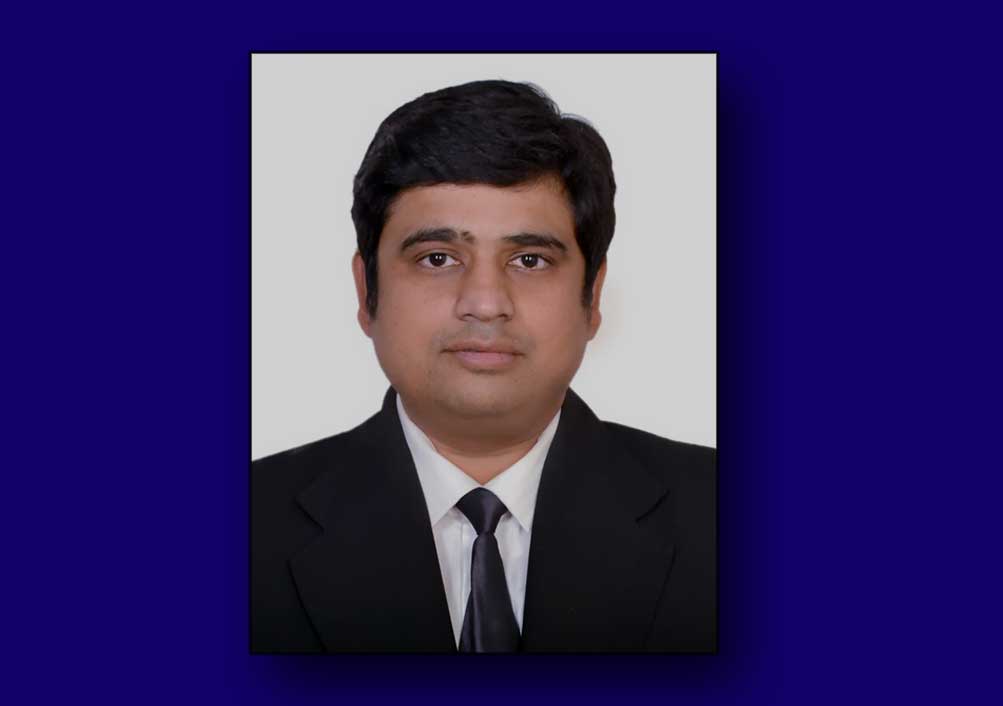
Taking a look at the historic pre-independence custody battle for a minor Jiddu Krishnamutry, who later became a world-renowned guru, from his adoptive mother Annie Besant.
By Jayant Mohan, Advocate
December 1, 2022
Jiddu Krishnamurti,world-renowned modern-day guru from India, was known for his unconventional views on life and spirituality. Rebellious and free thinking,Krishnamurti was born in 1876 in Madras,India. As a guru he preached freedom from the conditioning imposed by society on the individual and emphasised on finding one’s own path through the practice of awareness and raising the consciousness.
Krishnamurti had numerous followers across the world, many of them highly placed persons in their respective fields like scientists,mathematicians and inventors.
He lived till the age of 90 and passed away in 1986 in Ojai, California where he was living the last years of his life, leaving behind a rich legacy of spiritual traditions and a huge number of followers.
Unconventional as the path of Jiddu Krishnamurti was, so was his childhood and education resulting in a most sensational and controversial Court Case in Madras in the year 1912 regarding the custody of Krishnamurti who was then a minor.
The case was titled Mrs Annie Besant vs G Narayaniahand the decision rendered by the Division bench of the High Court of Judicature at Madras on 29th October,1913.
The controversial case consistently made headlines in newspapers because of the parties being famous personalities and the clash of ideas involved in the case.
Background of the Case
The drama of the case was in the backdrop of the Theosophical Society which was established by Col Olcott ,Madam Blavatsky and C W Leadbeater in the USA in 1875. Theosophical Society preached metaphysical ideas and thoughts heavily derived from ancient Hindu and Buddhist religion and philosophy.
In India,Annie Besant, an English woman, was one of the leaders of the theosophical movement and was the president of the Theosophical Society of India.
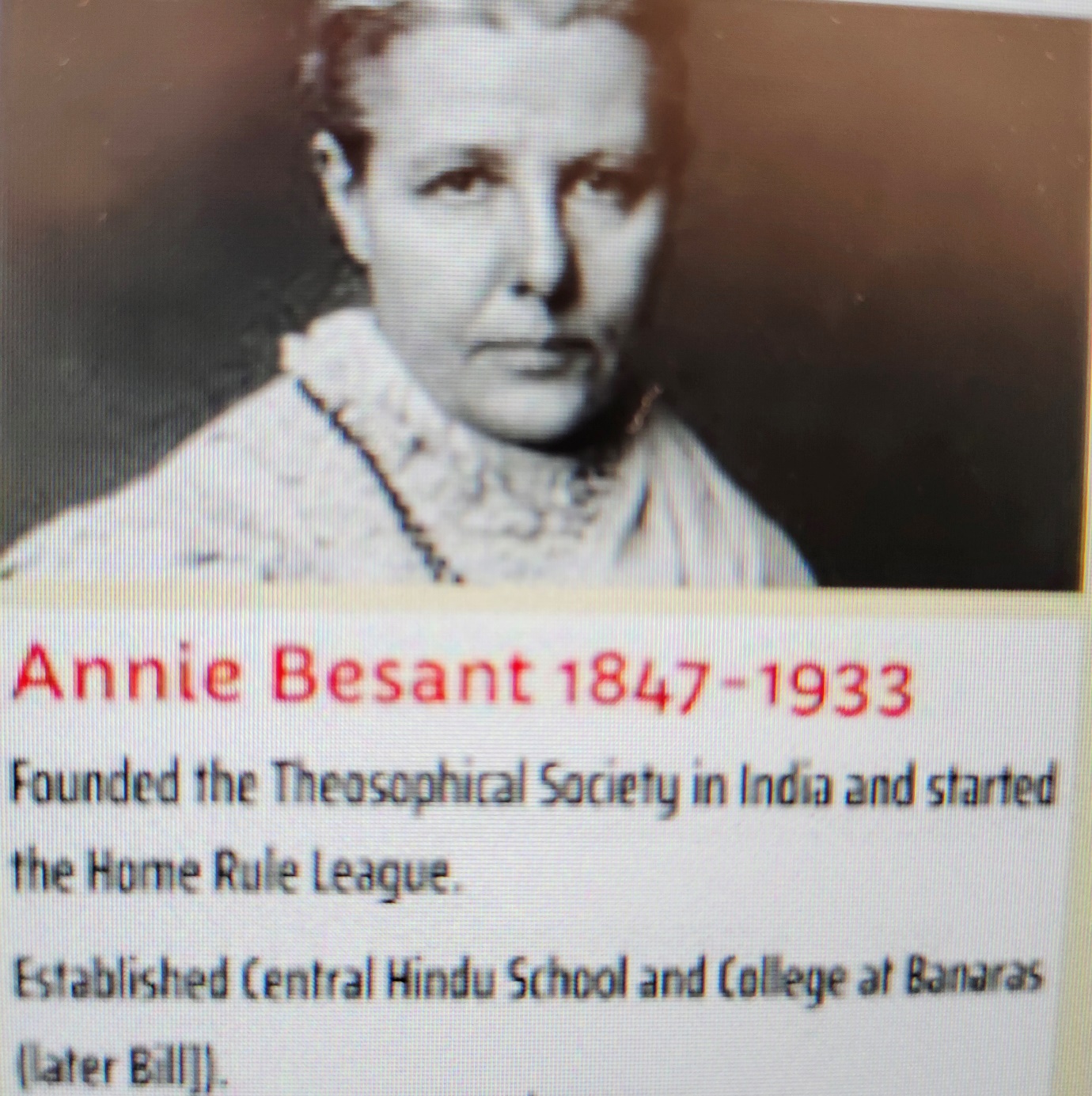
To add colour to the drama, Annie Besant despite being English was one of the founders of the Home Rule Movement along with Bal Gangadhar Tilak, agitating freedom from British Rule for India .
She was invited to give various lectures on theosophy across the world and was a very well-known public figure.
GS Arundale, a graduate of the Cambridge University and founder of the Central Hindu University at Benaras, being an ardent theosophist was also involved in the case in support of Annie Besant .
Sir C.P. Ramaswamy Aiyar,the stalwart lawyer from Madras, represented the father and won the custody case.During the case he started to admire Annie Besant and joined the Home Rule League with her for the self-determination of Indians.
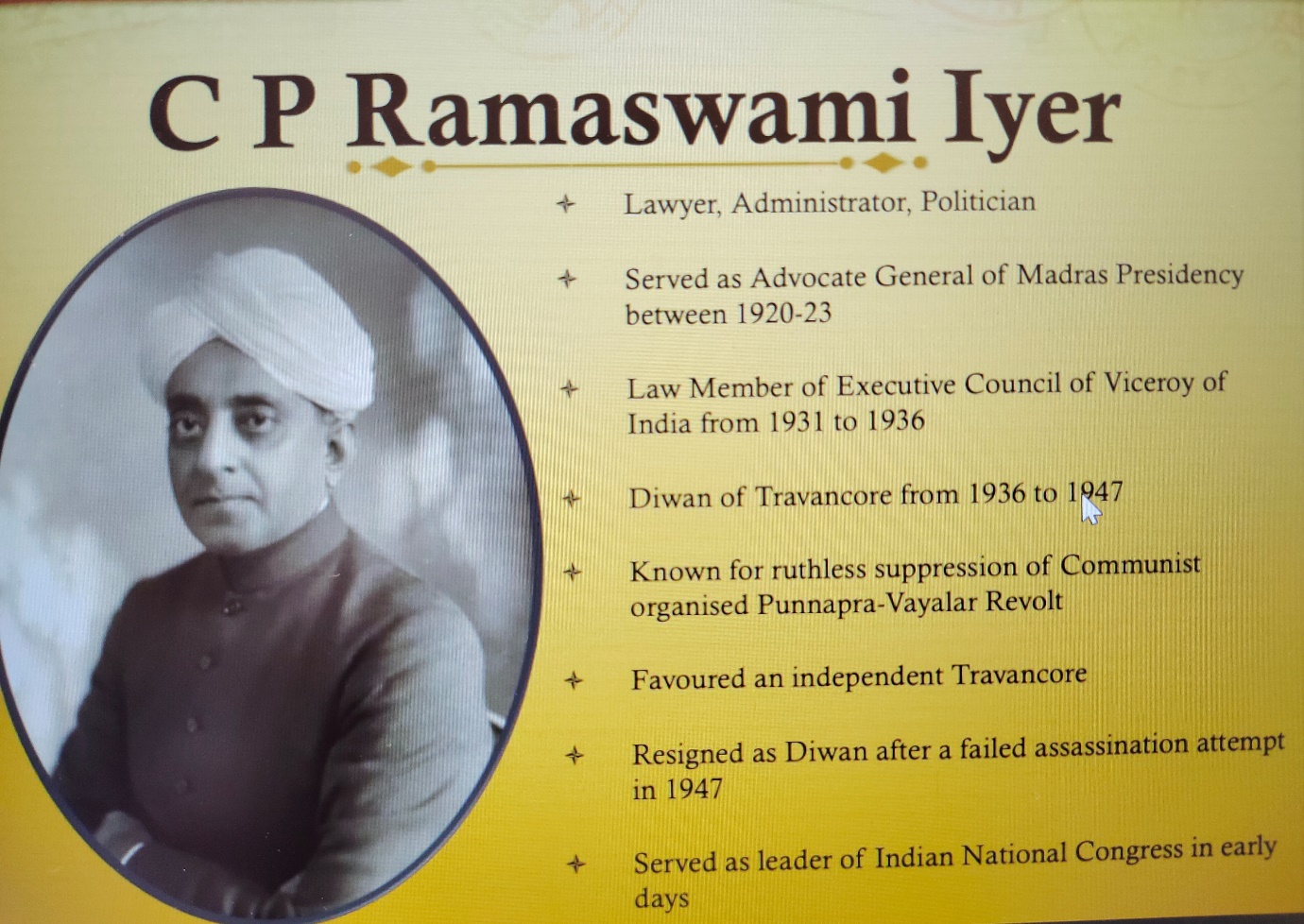
The stalwarts and leaders of the country became involved in the fascinating human story of an ordinary father unable to provide expensive English education to his sons (whose mother had passed away in their infancy).The father had given the custody of the minor boys to Annie Besant in the hope of a better life for his sons. Later, on coming to know that the boys were facing indecent acts by close associate of Annie Besant,C W Leadbeater, the father, had filed the suit for custody of his sons from Annie Besant .
The custody case was very controversial and the press not only in India but across the world reported extensively on the case.
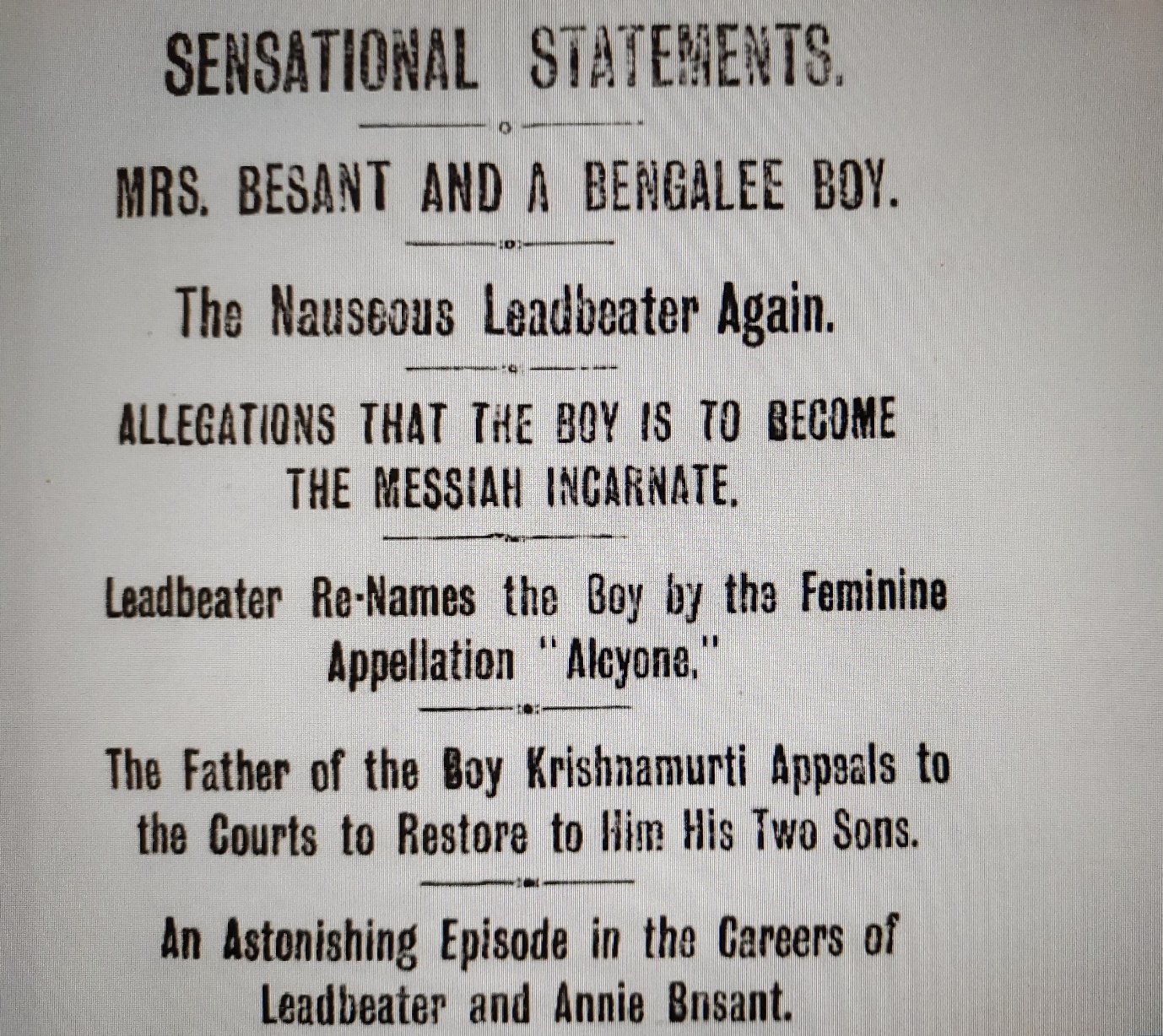
Headline in Australian newspaper The Truth(1914)
David Vs Goliath Story with a Twist
This court case had a slight twist from the Biblical story of Goliath- a giant warrior battling a much smaller shepherd boy, David. David shoots him with a stone and a sling right between the eyes. Goliath topples over, and David kills him.
Annie Besant was the President of the Theosophical Society having world renown and fame. The Plaintiff father was of limited means and working as a correspondence clerk in the office of the Society.
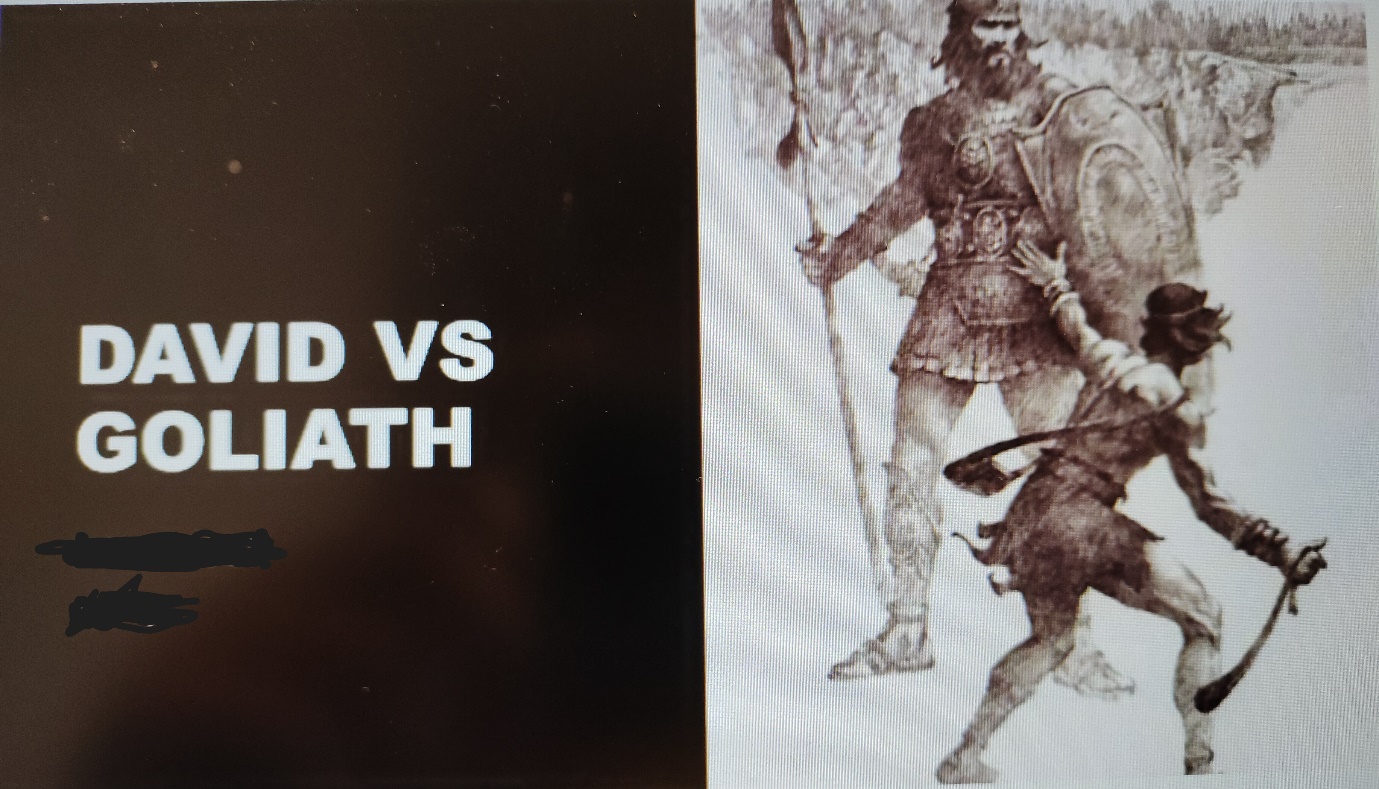
The approach of the British Judges in dealing with such complicated issues of personal law and conduct of seemingly infallible individuals of such high stature made it a heady mix of religion, philosophy, law,in the background of British colonial life.
The brief facts of the case would show the conflict situation between the parties as follows.
Brief Facts of the Case:
G Narayaniah filed a suit for custody of his two sons aged 14 and 11 under the Guardianship and Wards Act,1890(as applicable to British India)from Annie Besant before the District Court.The Suit was subsequently transferred to the High Court of Judicature at Madras under Letters Patent jurisdiction being original jurisdiction meaning that the suit was tried before the High Court .
Plaintiff G Narayaniah, a retired government servant, was employed as a senior correspondence clerk with the Theosophical Society at its Headquarters in Adyar, Chennai. He shifted his residence along with his two minor sons Krishnamurty and Nityanand in the premises of the Society and was given accommodation rent free as part of his employment benefit.
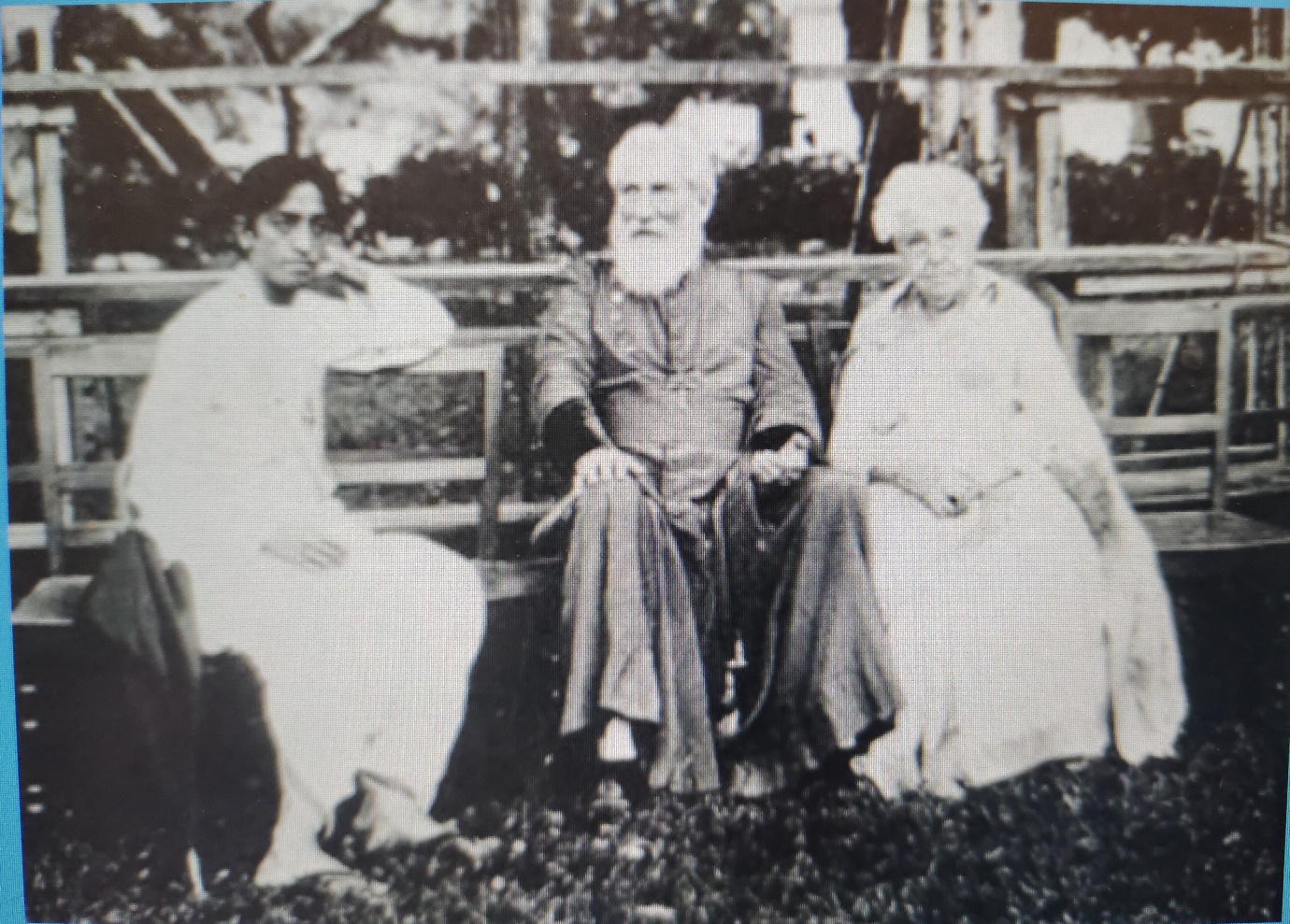
J Krishnamurty (left),CW Leadbeater(Middle) and Annie Besant(right)
C W Leadbeater had first noticed the elder boy Krishnamurty as having exceptional qualities and divine powers and informed Annie Besant about the boy. Annie Besant agreed to adopt the boy Krishnamurty and his brother Nityanand. Besant believed that Krishnamurty was a gifted human being and Leadbeater and Besant would nurture the young prodigy who will be the future ‘Jesus Christ’ or ‘Lord Maitreya’.
Thereafter as per the arrangement between Besant and the father,Leadbeater was to be the spiritual guide and preceptor for the boys and in the interest of their better future Besant adopted the boys. The boys were to receive an English education at Oxford and also follow the spiritual practices and tenets of Theosophy .
Thereafter Annie Besant left India with the boys for England.
On 7th February,1912 the plaintiff was dismissed from his office of Secretary in the Society because he was enquiring about the incident of indecent behaviour by Leadbeater with the boys.As per the Plaintiff the minor boys were being subjected to indecent acts by Leadbeater. Therefore, in view of the inability of Besant to stop Leadbeater from committing indecent acts with the minor boys, the Plaintiff claimed the custody of the boys.
In October 1912 the defendant Annie Besant returned to India without the boys and thereafter the suit was filed by the Plaintiff for custody of his minor sons.
The Suit was filed before the District Judge under the Guardianships and Wards Act,1890 but was transferred to the High Court of Judicature at Madras in its Letters Patent Jurisdiction.
The Single Judge of the Madras High Court allowed the Suit and directed handing over the custody of the minor sons to the father.
An Appeal was filed before the Division bench of the Madras High Court which upheld the order passed by the Single Judge by means of the Judgment and Order dated 29th October,1913
Issue Before The Court
The Legal Issue before the Court was:
‘Whether the father having delegated his rights of custody of the two minor boys to defendant could have subsequently revoked the custody of the rights over the sons’
The Division bench as well as Single Judge of the Madras High Court held that delegation of rights is revocable though there may be circumstances which lead the court to hold that delegation ought not be revoked.
The Court considered various pronouncements of the English Courts as well as various High Courts of India regarding the rights of the father for the control of the children and accepted and applied the succinct statement of Law provided in the Halsbury’s laws of England vol 17 pg 107;
“After surrender by him(the father) of the custody has actually taken place,he can recover the custody unless his doing so would be injurious to the interests of the child.”
Therefore,‘interest of the child’ was the primary consideration for the custody issue to be decided and various other issues.
To decide upon what course of action would be in the best interest of the child, the Court considered various facts and issues. A very interesting issue was whether deification of the child would cause harm to the growth of the child which was dealt with in the following manner:
a) Deification of the Child
The 10th Issue before the Single Judge regarding welfare of the child was
“Has the defendant stated that the elder boy is going to be Lord Christ or Lord Maitreya?”
The finding of the Learned Judge was in the affirmative.
The defendant denied in her evidence that she had ever said that she believed that the elder boy was to be Lord Christ or Lord Maitreya but she having said that believed that the body would be the vehicle for his re-incarnation.
Krishnamurty was made the head of an Order called ‘Star of the East’ and underwent two ceremonies for initiation. Respectable people prostrated before the elder son.
The Court recorded a finding that far from stimulating the moral and intellectual capabilities of the boy, the deification might have the opposite effect on the him.
The Court also noted the fact that Leadbeater professes to have certain peculiar powers in this respect and that through his influence the defendant was induced to take interest in the boys. Therefore, he desired to take the children under his own control and out of that of the plaintiff whom he regarded as an obstacle in his path.
This led to the issue of misconduct and indecent acts committed by Leadbeater with the minor boys.
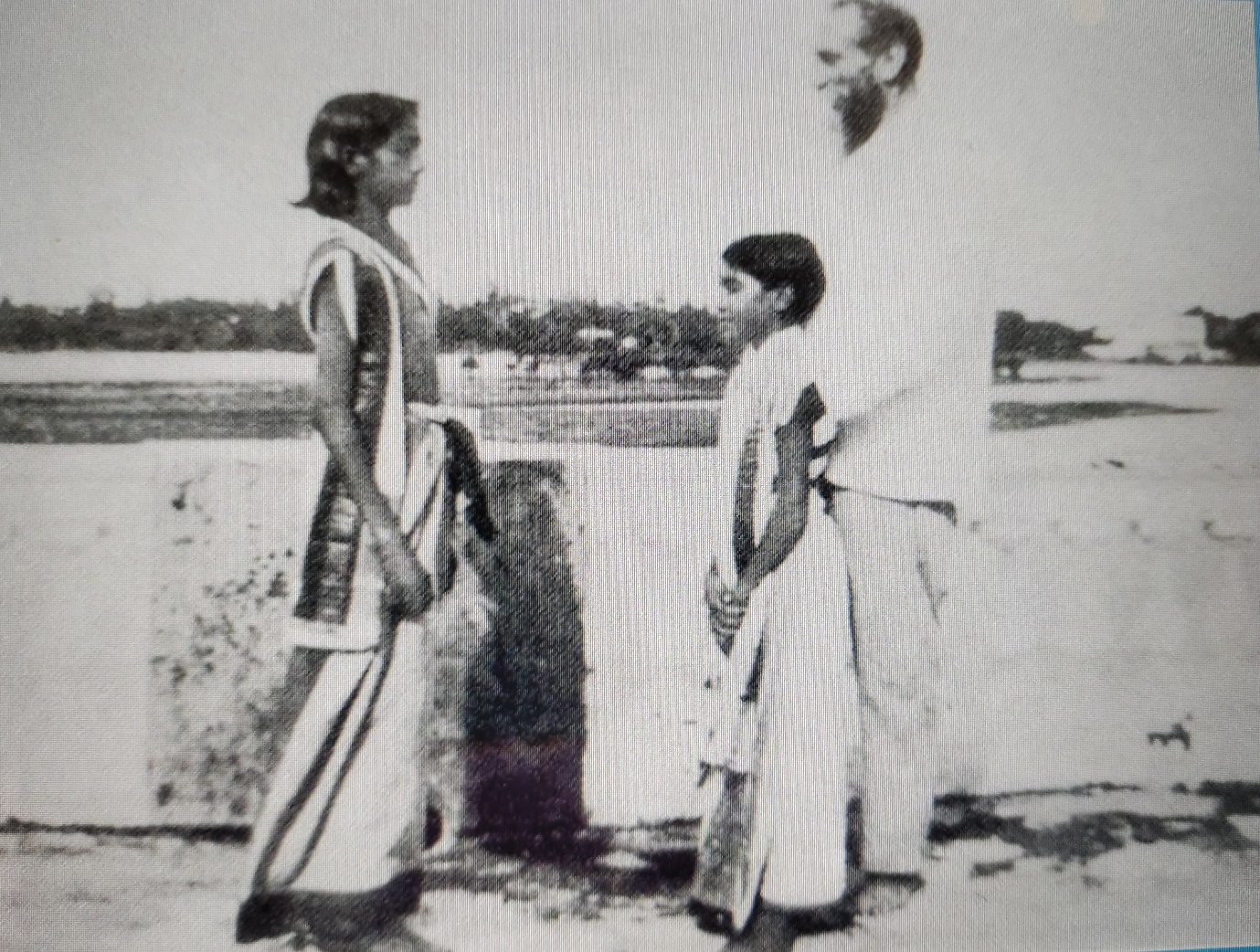
b) Allegations of Misconduct and Indecent Acts against Mr CW Leadbeater
While dealing with the sensitive issue,the court also noted that Annie Besant and C W Leadbeater were closely associated in theosophical work and were in strong sympathy with one another.
Annie Besant’s regardfor and trust in Leadbeater was unqualified except with regard to certain opinions which she condemned as mischievous.
The Judge noted the evidence that Leadbeater held opinions and continued to hold such opinion which could be described as certainly immoral and as such unfit to be the tutor of the boys.
Leadbeater claimed power to detect impure thoughts which would render him a highly dangerous associate for children.
There were two charges made against Leadbeater by the plaintiff, one was made in para 5 regarding unnatural act and gross indecency .
Although Leadbeater was not a party to the case,Annie Besant defended Leadbeater with extreme zeal and ability.The Court held that the charge regarding unnatural act and gross indecency was not proved.
The second charge made in the plaint by the father regarding conduct of Leadbeater was held to have been proven. As per Leadbeater, he was teaching the boys how to bathe like an English gentleman in the bathroom. This act was witnessed by the servant Lakshman and Mrs Van Hook the housekeeper both of whom confirmed that Leadbeater was not wearing any clothes and the boys were alone with him in the bathroom.
The Court held thatthe conduct of the Leadbeater was not criminal and unnatural acts and indecency were not proved.
The Court relied upon the testimony of Laxman who was summoned as court witness and confirmed the fact that Leadbeater was doing certain improper things in a compromising position with the boy in the bathroom and Mrs Van Hook also deposed that it was most improper for Leadbeater who was above 60 years of age to be giving bath to young boys in the bathroom.
In the judgment of the Court his behaviour in connection with the boys was extremely unseemly and indecorous. Hence, the misconduct against Leadbeater was found to be proved .
Once having concluded that Leadbeater had acted in an improper manner with the boys and Annie Besant failed to stop him from conducting himself improperly with the boys, the issue of whether the custody should be restored to the father came up and the Court had to do a delicate end difficult balancing act.
A Delicate and Difficult Balancing Act
The Court was to balance the factors namely relative advantages for the boys in remaining in England continuing with the education at Oxford under the guardianship and custody of Annie Besant on one hand; On the other side whether the minor boys were to be restored to the care and custody of their father
Factors in Favour of Giving Custody to the Father:
The Court recorded the following findings:
Nothing in the father’s character which disqualified him from being given the custody of the boys. He was a respectable Hindoo gentleman and a retire Government servant.He was deemed fit to be appointed as the Asst Corresponding Secretary of Esoteric Section of Society.Plaintiff was in sympathy with the entire tenets and beliefs of the Society of which the defendant was the President.
Factors in favour of continuing the Education in England:
- The boys were getting the best physical training
- The best available tutors at Oxford were teaching the boys
-Regarding the elder boy, the defendant stated that she wanted him to lead the life of an undergraduate with certain restrictions
-Regarding the younger child, it was considered desirable that he should take a degree for the purpose of competing in the Indian Civil Service examination.
However, the question that arose was how far a life of celibacy and the incident of initiation would be compatible with a successful career in the Indian Civil Services.
Whether these factors would aid or burden the member of Indian Civil Service is a question which was posed by the court but not answered.
Operative Portion of the Order:Taking an overall view of the matter and balancing the factors of the welfare of the child in the light of legal principles, the Division Bench did not disturb the direction of the Single Judge that the father was substituted as the guardian of the boys and a direction as issued to the Defendant to hand over the custody of the boys to the father to make the decree effective.
The Judges hearing the Appeal showed remarkable judicial statesmanship and sensitivity to the complex factors regarding the welfare of the minor boys in the backdrop of the bitter dispute between the father and the adoptive mother .
The High Court confirmed the direction given by the Trial Court to hand over custody to the father.
Appeal to the Privy Council
Annie Besant challenged the decision of the Division bench of the Madras High Court before the Privy Council against the Decision passed by the Judgment of the High Court of Judicature at Madras.
The Decision of the Privy Council the Final Court of Appeal in British India was delivered on 25th May,1914 in the case titled Annie Besant Vs G Narayaniah and Ors.
In a very short judgment the Privy Council held that the suit as filed by the plaintiff was not maintainable because it was impossible to hold that the minors who had left India with a view of being educated in England and going to the University of Oxford were ordinarily residents of district Chingleput, Madras. Therefore, the Suit could not have been filed before the District Judge at Madras.
The Board noted that the prayers made in the Suit were a direction to the defendant to take possession of the persons of the minors in England,bring them to India and hand them over to their father.
Considering the nature of relief sought, the defendant in order to comply with the decision would, if the minors refused, open her to the writ of Habeas Corpus.
As per the Privy Council the boys’ wishes must have been ascertained by the Madras High Court as to whether they want to continue their education in England or go back to India to be in custody of the father.
The minor boys Krishnamurty and Nityanand filed Intervention before the Privy Council and were represented through a Counsel who informed the Board of the boys’ wishes.
In view of the statement made on behalf of the minors, the Privy Council held that the direction to the defendant to take the boys back to India cannot be lawfully carried out without the consent or without an order from the Court exercising jurisdiction of the Crown over the minors in the country.
The Appeal was allowed and Annie Besant won the custody battle decisively from the Privy Council in London.
Thereafter,Krishnamurty completed his education and continued to work under Besant for Theosophical Society .
Conclusion
On 3rd August,1929 at Ommen Star Camp, Holland all the leading theosophists of the world gathered.At the public event J Krishnamurthy was to be proclaimed as Maitreya or the Coming of Jesus Christ i.e. the World Teacher project under the Organisation Star of the East of which J Krishnamurthy was the head.
To the shock of Annie Besant and about 3,000 followers J Krishnamurty dissolved the Organisation Star of the East and gave the following speech
“I maintain that truth is a pathless land and you cannot approach it by any path.
Whatsoever by any religion any sect.
This is my point of view and I adhere to that absolutely and unconditionally.
Truth being limitless,unconditional, unapproachable by any path whatsoever cannot be organised nor any organisation should be formed to lead or coerce people along any particular path.”
In this David Vs Goliath Fight where unlike David, the father-Plaintiff could not defeat Annie Besant the-Goliath but Krishnamurty the son decisively finished the battle and dissolved the very organisation he was to head concluding all issues and arguments decisively against the Theosophical Society and Annie Besant .
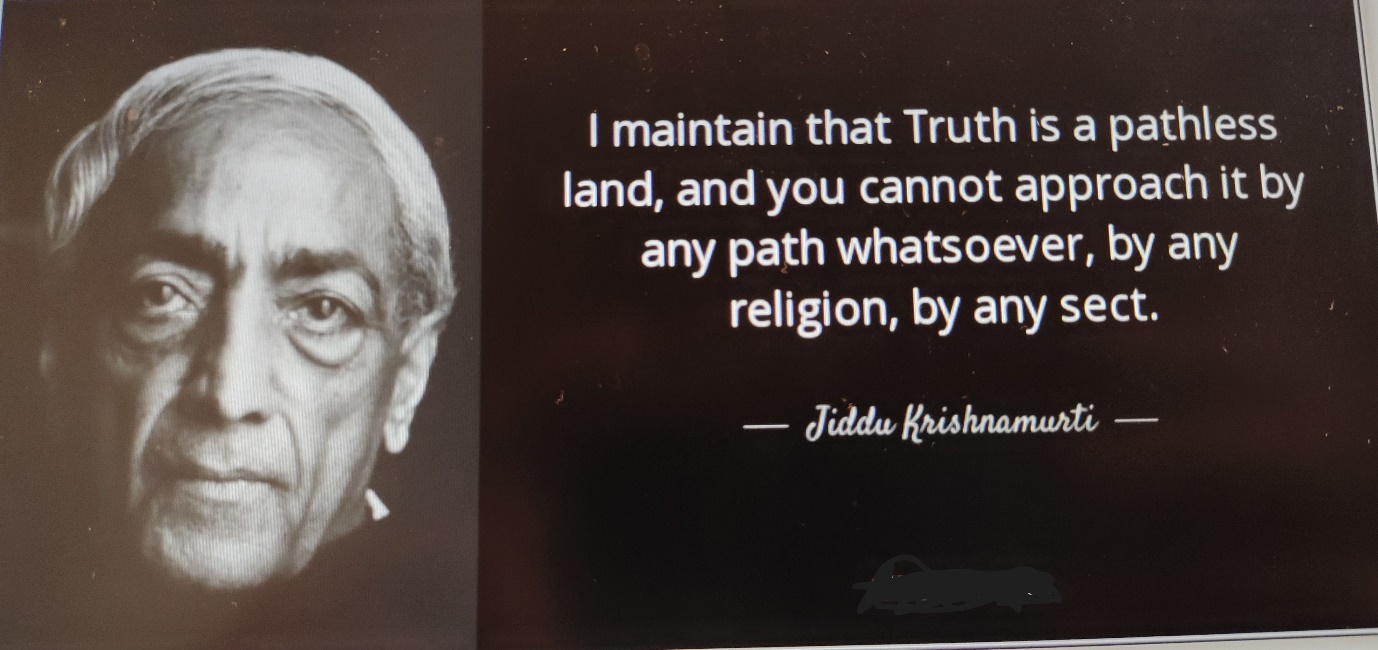
------------------------------------------------------------------------------------------------
Jayant Mohan is an Advocate-on-Record in the Supreme Court. Practising since 2005, he has varied experience before the Apex Court in matters related to Constitutional and Criminal law, more particularly PILs related to the Environment, Mining Laws and Criminal Cases.He represents the State of Jharkhand before the Supreme Court.
Disclaimer: The views or opinions expressed are solely of the author.
Sign up for our weekly newsletter to stay up to date on our product, events featured blog, special offer and all of the exciting things that take place here at Legitquest.




Add a Comment